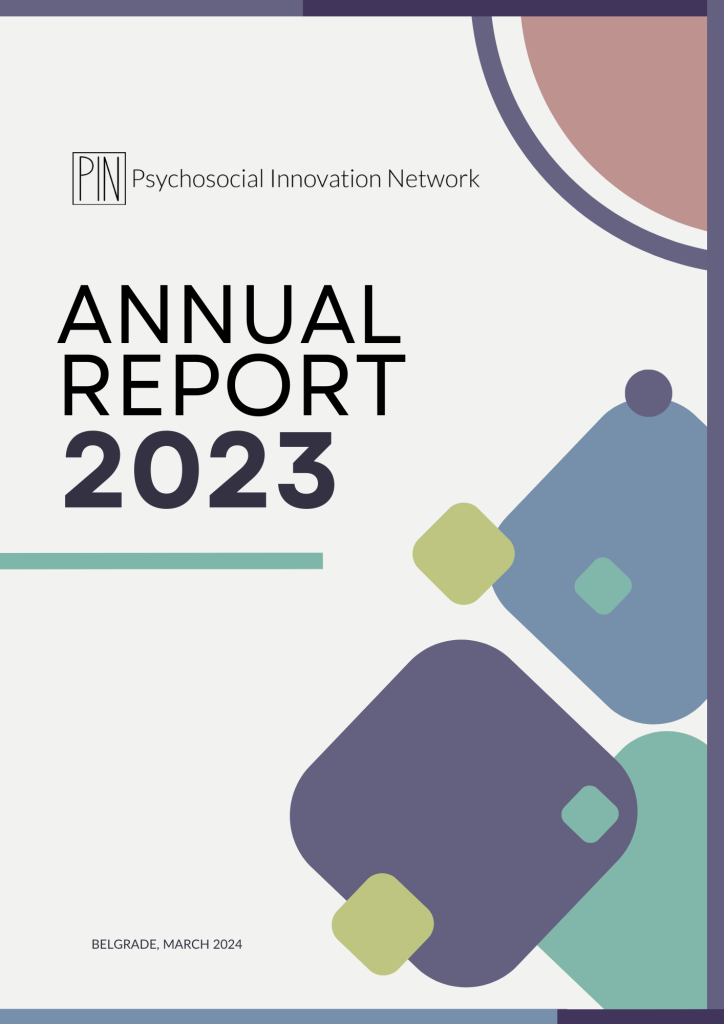
Naš godišnji izveštaj za 2023. godinu je tu! Iako smo već zagazili u treći mesec 2024. godine, želeli smo da se malo detaljnije osvrnemo na sve što smo radili i uradili, aktivnosti koje smo spovodili kao i sve na čemu…

Naš godišnji izveštaj za 2023. godinu je tu! Iako smo već zagazili u treći mesec 2024. godine, želeli smo da se malo detaljnije osvrnemo na sve što smo radili i uradili, aktivnosti koje smo spovodili kao i sve na čemu…
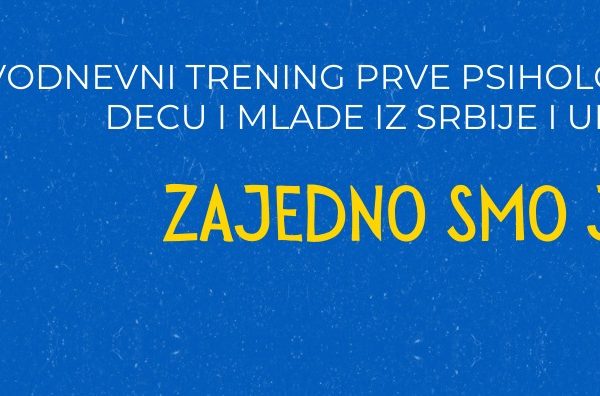
PIN uz podršku UNICEF Srbija, u okviru projekta ,,Razvijanje otpornosti mladih izbeglica kroz pružanje sveobuhvatne zaštite mentalnog zdravlja” organizuje dvodnevni trening “Zajedno smo jači” u Beogradu, Novom Sadu i Vranju. Cilj treninga je poboljšanje emocionalnog blagostanja kroz učenje o različitim…
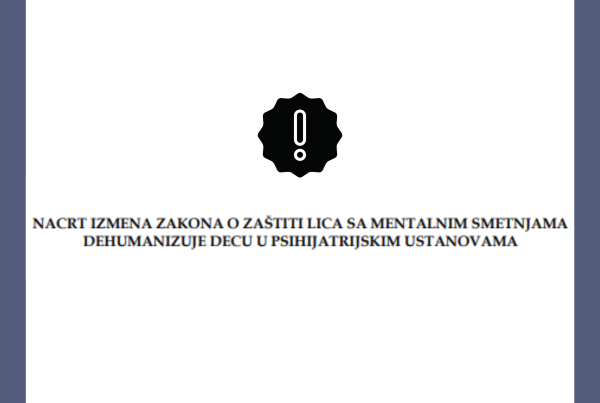
Grupa organizacija civilnog društva skreće pažnju javnosti na to da je u sredu, 9. avgusta, završena javna rasprava o Nacrtu zakona o dopunama Zakona o zaštiti lica sa mentalnim smetnjama koji je pripremilo Ministarstvo zdravlja Republike Srbije, a kojim se…
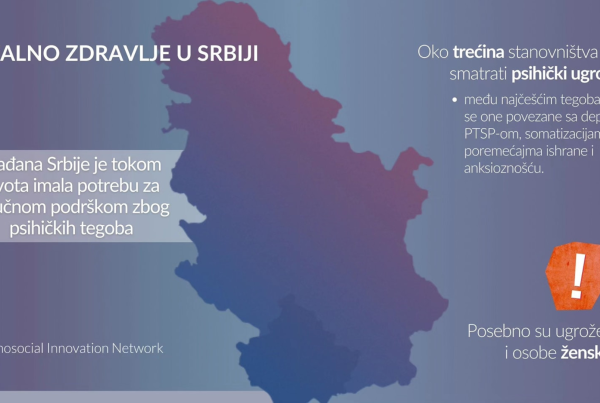
Podaci iz istraživanja* na reprezentativnom uzorku (n=1000) koje je PIN sproveo tokom 2022. godine pokazuju da je jedna četvrtina građana Srbije tokom života imala potrebu za stručnom podrškom zbog psihičkih tegoba. Štaviše, trenutno se oko jedne trećine stanovnika Srbije može…
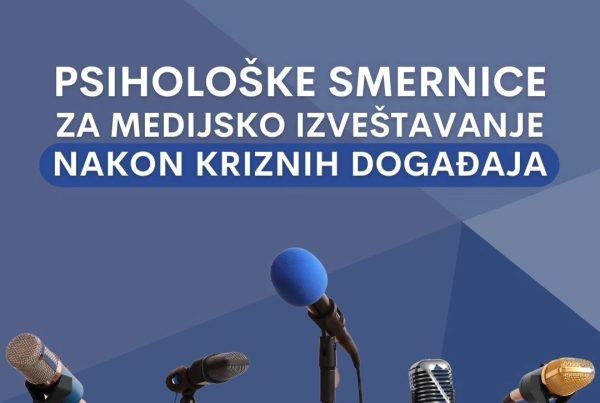
,,Način na koji mediji izveštavaju o kriznoj situaciji oblikuje osećanja i ponašanja javnosti neposredno nakon, ali i duže nakon događaja. Senzacionalistički naslovi i tekstovi, preuranjeno i neutemeljeno iznošenje uzroka, kao i previše detalja o događaju mogu u javnosti izazvati nemir…
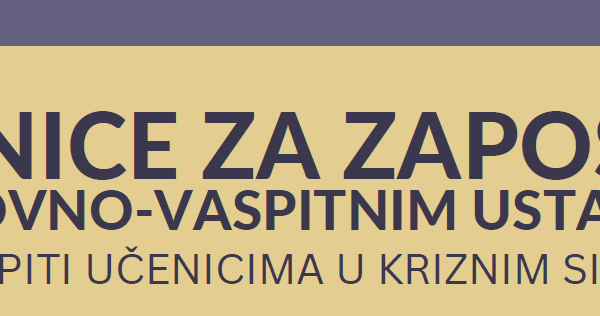
U saradnji sa Odeljenjem za psihologiju Filozofskog fakulteta u Beogradu sastavili smo opšte preporuke za zaposlene u obrazovno-vaspitnim ustanovama o tome kako razgovarati sa decom i mladima u situaciji krize i visoko traumatičnim situacijama, kao i smernice o tome kako…
10 Novembra, 2020
23 Maja, 2020
3 Maja, 2020
27 Aprila, 2020
18 Aprila, 2020